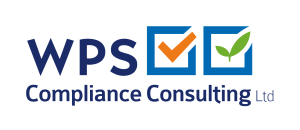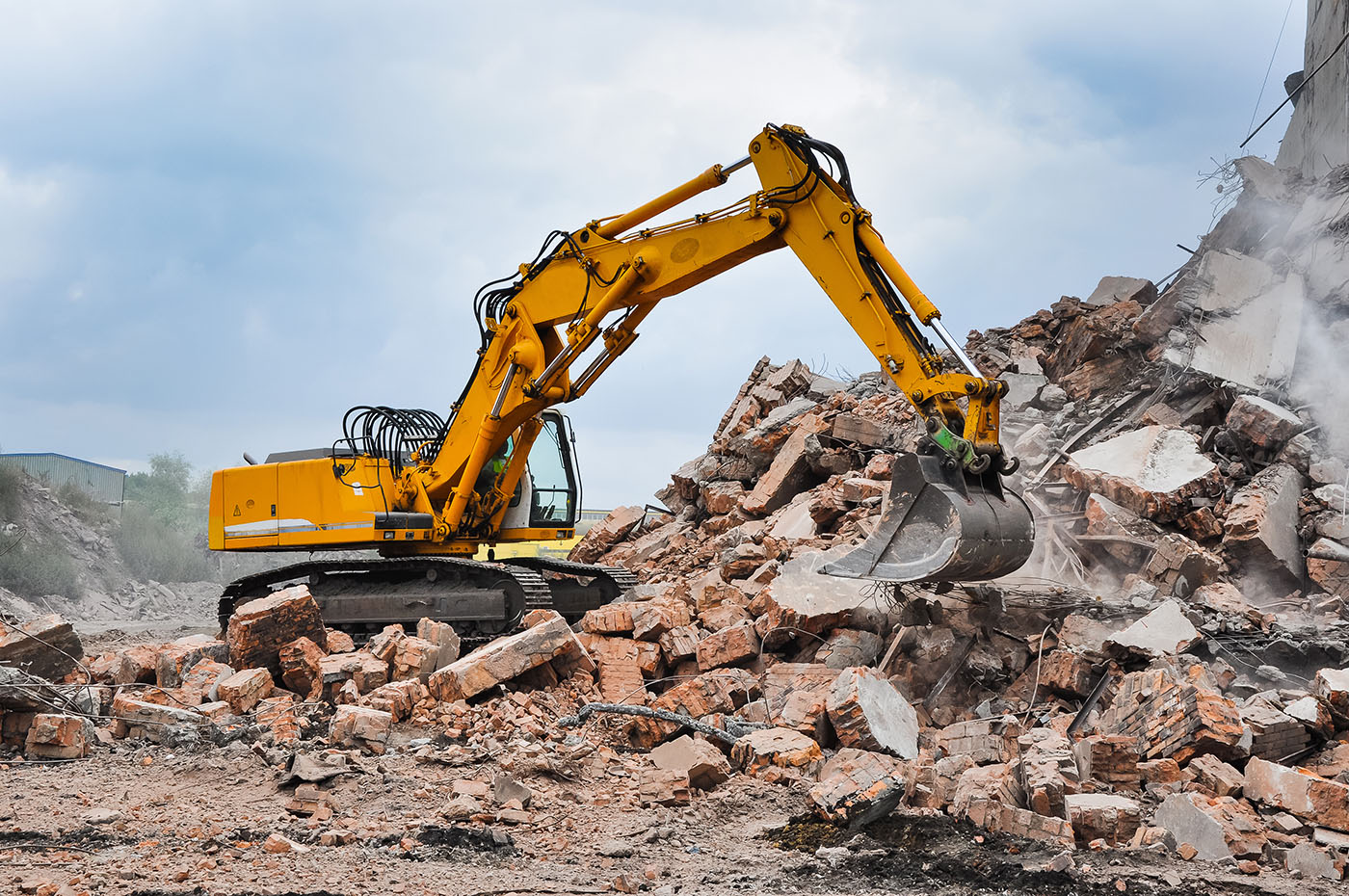Paving the Way for Sustainable Construction
In an era defined by climate responsibility and resource scarcity, the construction industry is undergoing a critical shift—from a linear “take-make-dispose” model to a more sustainable, circular economy approach. At WPS Compliance Consulting, we believe that one of the most effective ways to enable this transformation is through Pre-Demolition Audits (PDAs).
PDAs are more than just a compliance tool. They are the key that unlocks the environmental and economic value of existing buildings before a single brick is removed. When carried out thoroughly, they can significantly reduce landfill waste, lower carbon emissions, and support the reuse and recycling of valuable materials.
How Pre-Demolition Audits Promote Circular Construction
Circular construction is all about keeping materials in use for as long as possible, extracting their maximum value, and recovering and regenerating products and materials at the end of their life. Pre-Demolition Audits play a central role in this process by:
- Identifying Key Demolition Products (KDPs) such as concrete, metals, timber, and gypsum that can be reused or recycled.
- Providing economic valuations of materials that can be reclaimed, helping clients understand the potential financial returns.
- Supporting regulatory compliance with BREEAM, the Circular Economy Statements required by local planning authorities, and waste regulations.
- Facilitating on-site segregation and reuse, enabling contractors to integrate recovered materials directly into the new development.
Instead of simply sending everything to landfill, PDAs provide project teams with actionable data that enables smarter decisions—transforming waste into opportunity.
Innovations in Material Reuse and Recycling
The pre-demolition audit landscape is constantly evolving, with new techniques and tools emerging to enhance material recovery. At WPS, we’ve seen some exciting innovations in recent projects:
- Crushing and repurposing of concrete on-site as recycled aggregate, reducing the need for virgin materials and lowering transport emissions.
- Reuse of structural steel when testing confirms compliance with safety standards, offering massive carbon savings.
- Selective dismantling and soft stripping, which allows for more delicate recovery of architectural features, timber, and even fixtures such as fire alarms or sanitary ware.
- Digital waste tracking tools like our own SitePlan, which support real-time monitoring of waste flows and ensure alignment with resource management plans.
These practices not only support sustainability goals but also deliver tangible benefits: reduced disposal costs, lower material procurement expenses, and better environmental outcomes.
How Businesses Can Integrate Circular Economy Principles
Integrating circular economy principles into a demolition or refurbishment project doesn’t have to be complex. It starts with a mindset shift—from waste management to resource optimisation. Here’s how businesses can begin:
- Conduct a Pre-Demolition or Pre-Refurbishment Audit early in the planning phase. Early audits allow for design adjustments that can accommodate reused materials.
- Engage with your supply chain about material recovery. Whether it’s your demolition contractor or your architects, collaboration is key to identifying and implementing reuse opportunities.
- Set targets for diversion from landfill in your Resource Management Plan (RMP) and monitor them using tools like SitePlan.
- Incorporate recovered materials back into the project wherever feasible, such as reusing crushed masonry for piling mats or retaining raised flooring systems.
- Report and celebrate your success. Clients and stakeholders increasingly value sustainability—and showcasing your achievements can enhance your reputation and secure future work.
The Bigger Impact
Buildings and construction account for nearly 40% of global carbon emissions. If we are serious about reducing our environmental impact, circular economy strategies must be embedded throughout a building’s lifecycle—including its end.
Pre-Demolition Audits offer a practical, proven way to support this transition. By helping project teams recover materials, reduce waste, and quantify carbon savings, they serve as a vital bridge between today’s demolition practices and tomorrow’s regenerative, circular construction economy.
Ready to get started?
At WPS Compliance Consulting, we’ve been delivering expert PDAs and Pre-Refurbishment Audits since 2011. Our audits are comprehensive, data-driven, and aligned with the latest sustainability standards.
📧 Contact us at [email protected]
🌐 Learn more at www.wpsccltd.co.uk

